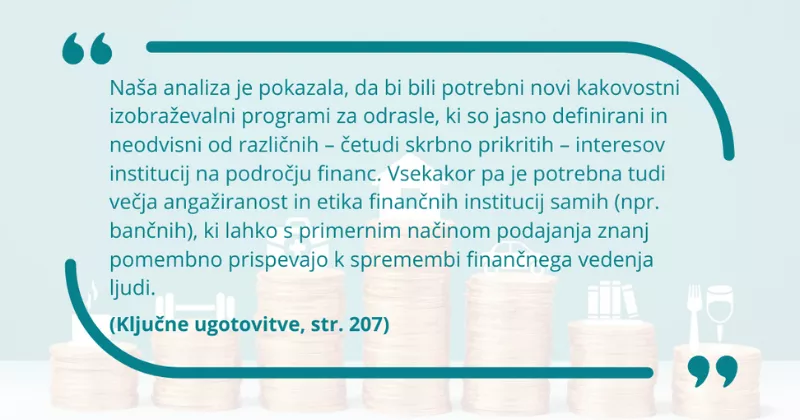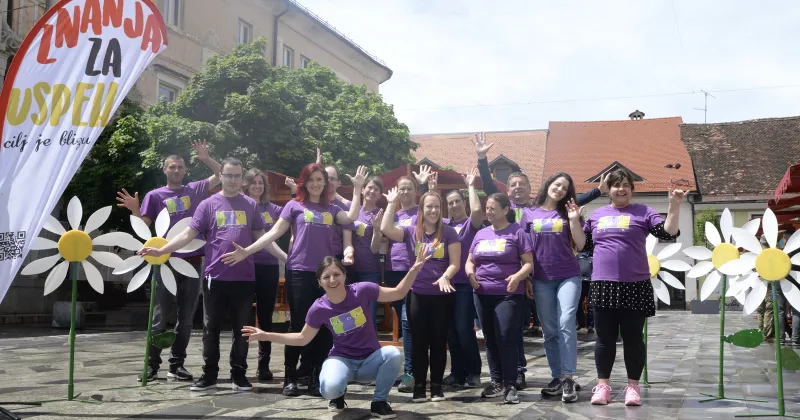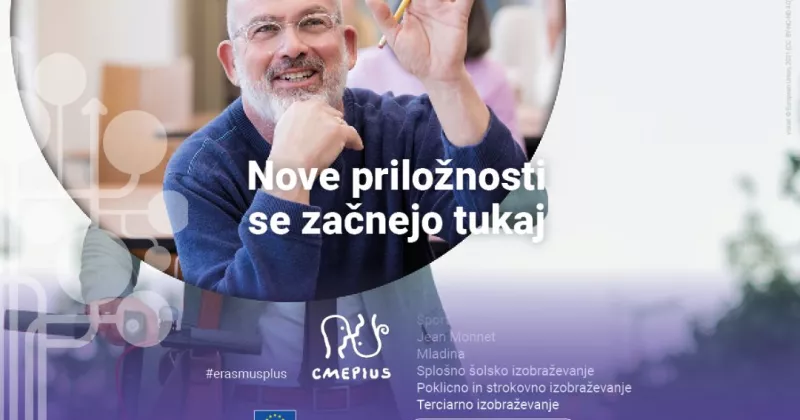Divina Frau-Meigs: the complex mechanisms of disinformation

Short bio
On the surface, my biography reads like a French middle-class success story: I had the best grade average at the French baccalaureate, graduated into the Ecole Normale Supérieure, and ended up teaching at the Sorbonne Nouvelle. Under the surface, this story tells a journey of recovery: daughter of poor immigrant illiterate farmers, who benefited from public service education to move up the social ladder and strives to pass it on to others.
My story
My earliest memory of learning is one of teaching! Me, aged 6, at my farm, in front of a row of leeks, neatly lined up. I told them what my schoolteacher had told me during the week (I was a boarder in Ajaccio, Corsica). They seemed to like it and they listened, very quietly. My teacher was kind to me, in a rather rough environment where harassment was banal. So in the spring, every Monday, I would bring her wild water irises that grew by our stream. Since then, learning has an intensely earthy fragrance for me, called "petrichor" (I’ve since learned), and brilliant blooms, that shine and yet are shy. Overt and covert, discovered as you round a path, that's what I enjoy in learning.
My family comes from a poor immigrant background with minimal literacy skills. My father stopped at 12 because he went to the Spanish civil war, my mother stopped at 14 because she was a girl... Arrested development. When I turned 12 myself, I would get up early in the morning, before my father went to market and go over my lessons with him. He listened, not quietly. And he would encourage, migrant-wise: "Learn all you can! Knowledge takes no space and you may take it wherever you go".
As I kept avidly learning in school, I couldn't help noticing that all knowledge was not in books. My parents were very knowledgeable, without schooling. How did they do it? Observing them, I got the answer: Media! They gathered their information by listening to the radio and discussing over newspapers with other adults.
But at school media was kept out. So I was caught in a double life: at school, high-brow media (cinema and books) and outside school, low-brow media (TV, radio, comics). This dichotomy still exists today in many countries and school systems. That it could be undone came to me as a revelation when I went to Stanford University in 1983. There, media was everywhere, and it was transforming rapidly. Computer pioneers had a vision of how they could free information and in the process transform learning. The main revolution for me was the change from the top-down transmissive model to the co-constructive, inquiry-based learner-centered model. This came with a whole array of active learning strategies.
From there, I developed my own understanding about digital culture as made of three information cultures (media, docs, data). I plowed and seeded the budding field of Media Literacy with my own theory of transliteracy, to help colleagues transform their teaching and ultimately empower young people and adults to make sense of their digital media environment. On the policy level, I pushed for the term "Information" to be added to Media Literacy, becoming MIL, in the UNESCO Fez Declaration ( 2011), after having participated in the World Summit on Information Society (2003-05).
Having become a professor at university myself, I took the opportunity to teach via the e-learning platform of Sorbonne Nouvelle. There the students were very mixed, with many adults returning to education, while working. I created an online master's programme, AIGEME, that had two paths, one for e-learning, one for MIL. And I joined the European project ECO that developed some of the first European MOOCs. Since then, I have always tried to join the transformative power of teaching with media (e-learning) and about media (MIL), following the inquiry-based model. Lifelong and lifewide learning totally makes sense to me, as it takes no space and can be experienced everywhere, at home, the workplace, abroad.
Coming from a modest background, learning is not an accessory, it is an aesthetic of life, full of irises. My motivation is to continue seeding the new field of MIL, that keeps evolving as media change.
I love unlocking some challenging issues, like explaining the complex mechanisms of disinformation and building counter-narratives.
I founded Savoir*Devenir, an NGO with one foot in academia and another in civil society to have access to adults and train them in MIL.





